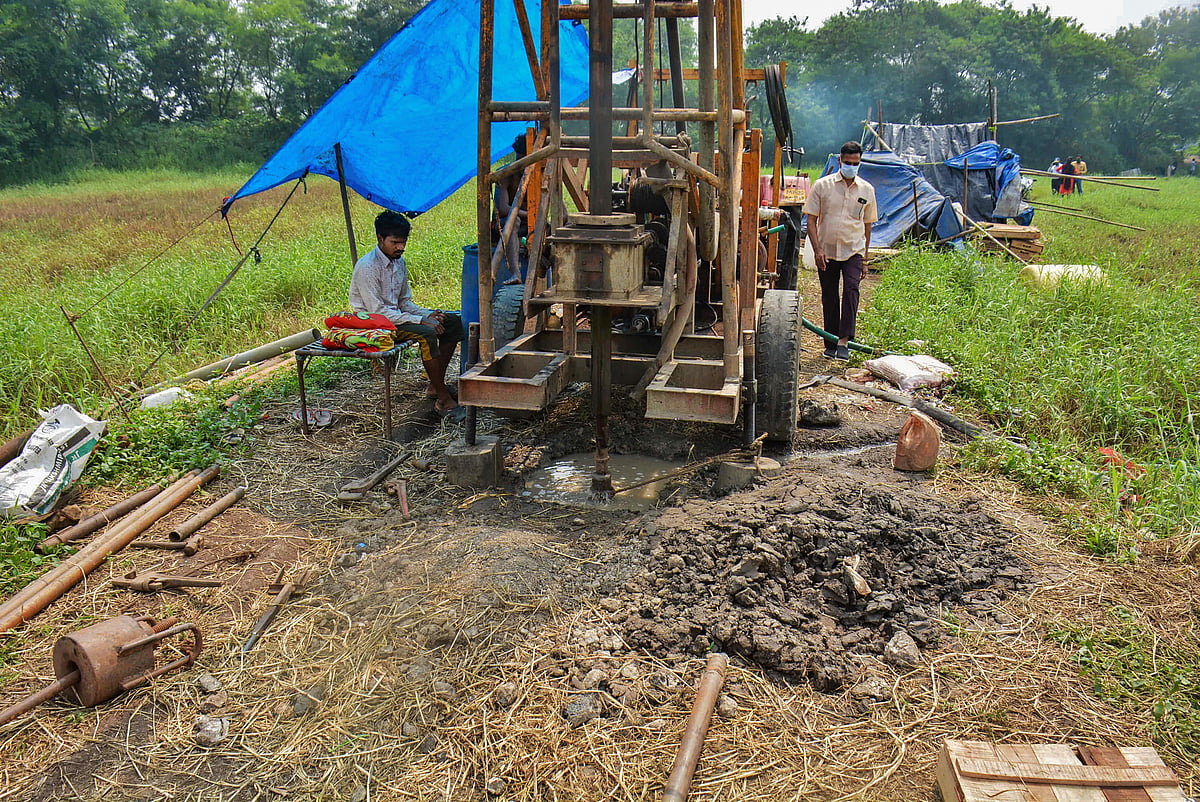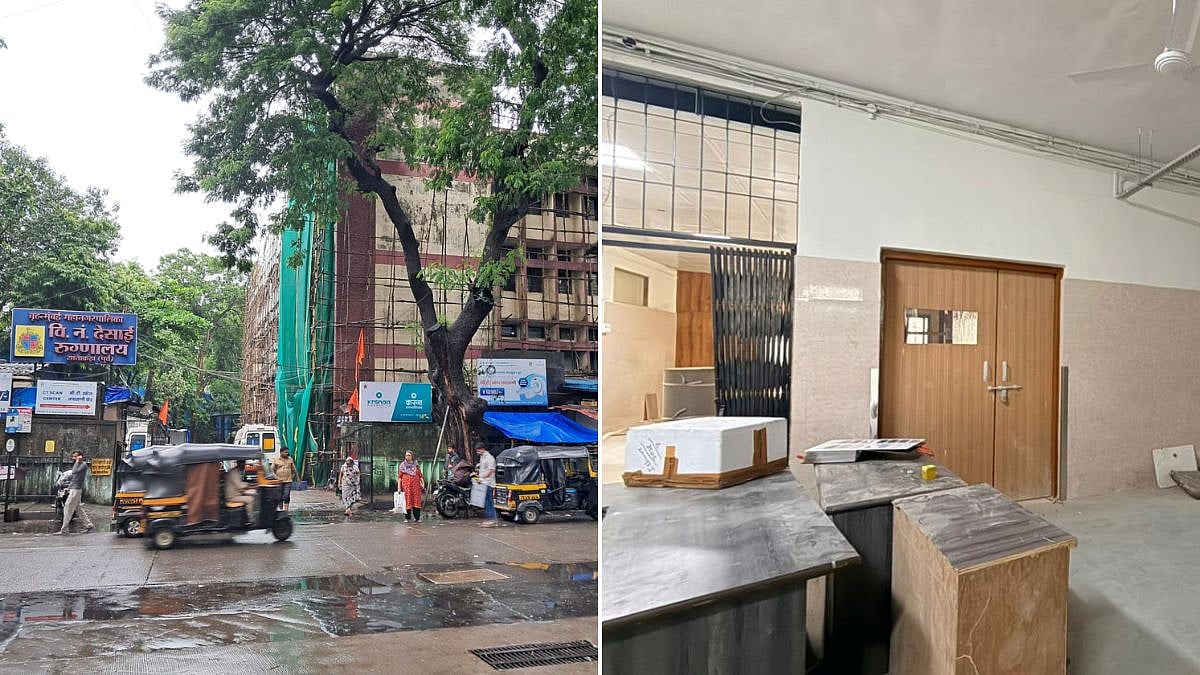Researchers at the Indian Institute of Technology (IIT) Mandi have developed sustainable techniques for soil stabilisation using a harmless bacteria called S. Pasteurii.
The bacteria hydrolyses urea to precipitate calcite and the process does not involve hazardous chemicals and natural resources can be used sustainably.
"Our study will be helpful in designing microbial methods to improve soil shear strength at the field scale, to protect the soil from erosion in hilly areas and during geo-disasters," said Dr K.V. Uday, Assistant Professor, School of Engineering at IIT.
"We are also working on the microbe-driven production of construction material from quarry waste," he added.
The findings were published in the journal Geotechnical and Geo-environmental Engineering of the American Society of Civil Engineers (ASCE).
Soil stabilisation is the process of conferring long-term permanent strength to the soil by artificial means. It is used when construction work must be carried out on unstable grounds or to protect soil from erosion.
Traditionally, mechanical processes such as compression and chemical processes such as the injection of chemical grout fluids into the soil are used for soil stabilisation.
In the past decades, an eco-friendly and sustainable soil stabilisation technique, microbial induced calcite precipitation (MICP), has been investigated worldwide. In this method, bacteria are used to produce calcium carbonate (calcite) within soil pores, which cements the individual grains together, thereby enhancing the soil/ground strength.
"While there are studies worldwide on the development of MICP techniques for soil stabilisation, the factors that affect the efficacy of the process are still not completely understood," Uday said.
The team's experimental setup consisted of a column of sand through which was percolated a mixture of the bacteria and cementing solution comprising urea, calcium chloride, nutrient broth, etc.
They used a method that involved the use of orthogonal arrays to organise the parameters affecting any process and the levels at which they should be varied.
The researchers found that the amount of calcite formed is not as important as the size and location of the calcite grains formed in the pores during the process.
The higher cementing solution concentration resulted in higher strength improvement. Similarly, the flow rate and the supply rate of the cementing solution also affected the enhancement of strength. There was an optimum value for these parameters that produced maximum calcite deposition and thereby best strength enhancement.




